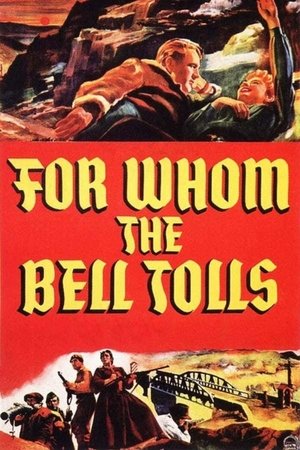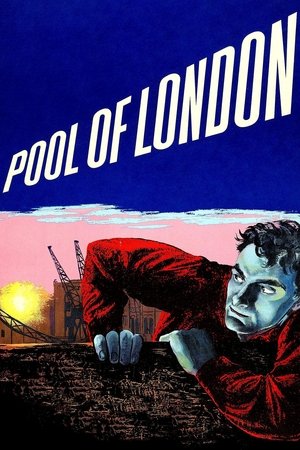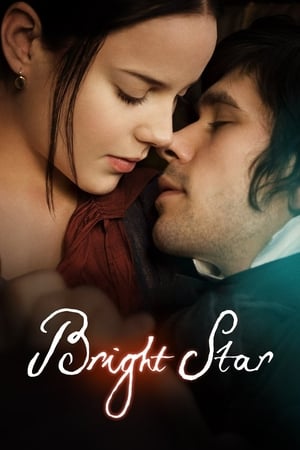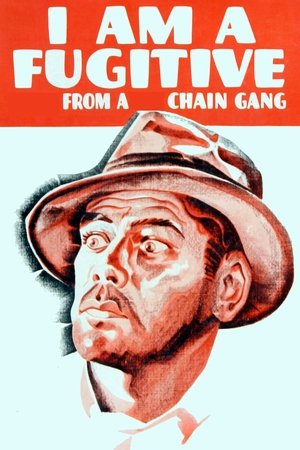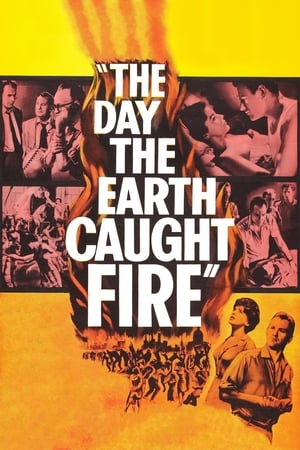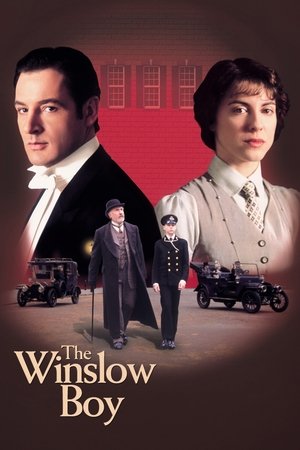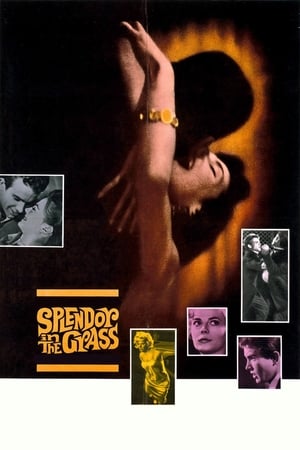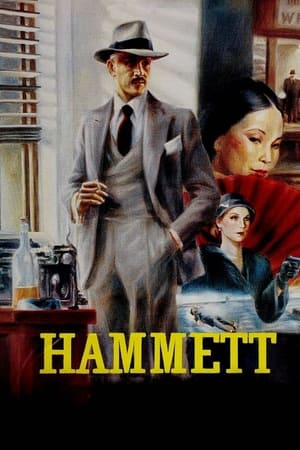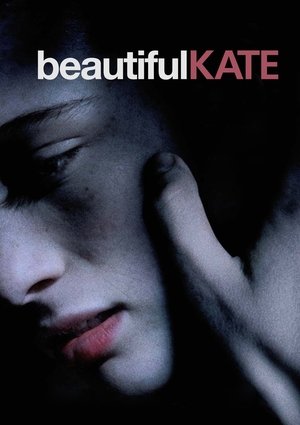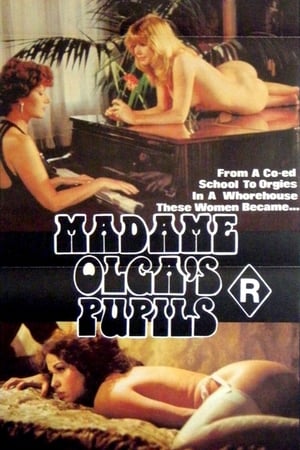Overview
A chronicle of the lives of the Gibbons family, from shortly after the end of the First World War to the beginning of the Second.
Reviews
This gently entertaining film follows the trials and tribulations of the "Gibbons" family - mum, "Ethel" (Celia Johnson), dad "Frank" (Robert Newton), daughters "Queenie" (Kay Walsh), "Vi" (Eileen Erskine) and their son "Reg" (John Blythe) alongside her mother "Mrs. Flint" (Amy Veness), who not untypically lodged with them too. There's is a simple enough life, contentedly living in a newly built suburbia with a garden, whilst their children grow to adulthood - going through the daily motions and routines familiar to all. To a large extent, that's what gives the film much of to charming potency. Each character has a storyline of their own, and the episodic nature of their evolution takes them through the stages of their developing lives succinctly. Tragedy strikes as often as happiness, but David Lean doesn't allow the stories to dwell on these incidents, nor to linger on any aftermath. Each chapter is effectively closed (or paused) and the timeline moves on - it's almost as if it's constructed in the way one might write it in a daily journal. The screenplay keeps a comedic theme at the film's heart - well aided by the likes of Stanley Holloway as next door neighbour "Bob" and Alison Leggatt as Johnson's histrionics prone sister "Sylvia"- as it offers us a social commentary of a time when the traditional British ways of life were adapting, or not, to post WWI necessity - and changing political attitudes. It starts with a celebration of the end of the Great war, with all the soldiers from the victorious nations parading through London, via the death of King George V through to the rumblings of WWII and the journey is poignant, at times profound and engaging. The personalities - especially Newton and Walsh mature wonderfully, if not exactly "maturely", and one cannot help but empathise with Johnson's stoic realism throughout the twenty years or so of their lives depicted here. The story is pedestrian in nature - and by design mimics day-to-day live in an authentic (they go from gas lamps to electricity, they even get a gramophone) fashion that exudes an honest validity. Slow at times, but never dull - a lovely, film to watch. The closing scene did make me wonder if they ought to have wallpapered a bit more often, though...

 111 min
111 min
 7.2
7.2
 1944
1944
 United Kingdom
United Kingdom
 CinemaSerf wrote:
CinemaSerf wrote:


